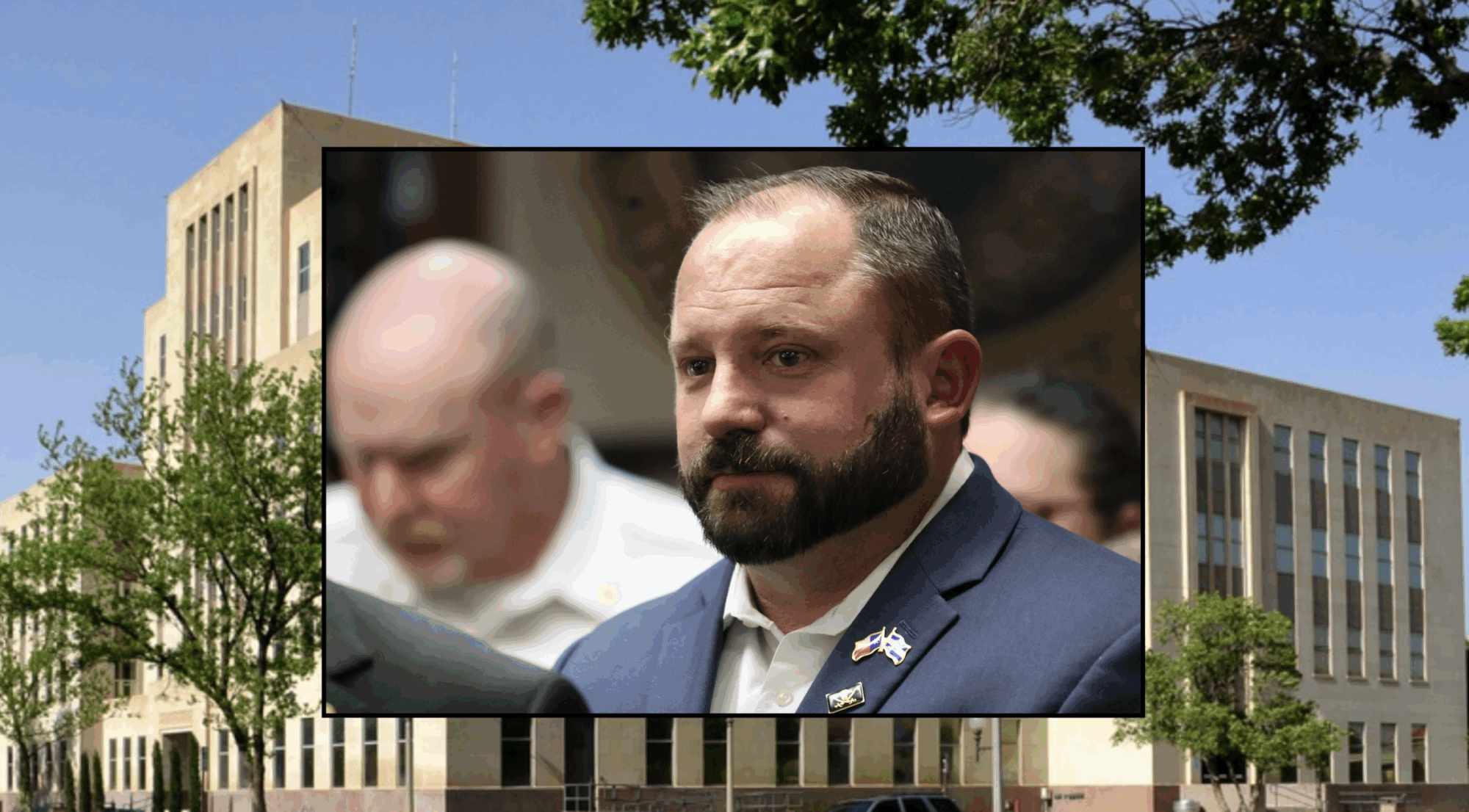With less than a month left until the 86th Texas Legislative Session comes to a close, State Sen. Kel Seliger’s repeated votes against Republican-supported legislation have isolated him from his own party. Could he also be further isolating his constituency?
Seliger, whose Senate District 31 spans 37 counties from the panhandle plains of Amarillo to the energy epicenter of Midland-Odessa, represents one of the reddest regions of the state. However, his reputation as “the most liberal Republican in the state Senate” has carried into the 2019 legislative session and is making more headlines than ever before.
Before the session was barely off the ground, comments made by Seliger drove an even larger wedge between him and Lt. Gov. Dan Patrick, costing his district vital representation in the upper chamber.
It began when the senator openly complained about losing his chairmanship of the state’s Higher Education Committee, implying his new appointment to chair the Agriculture Committee was a demotion—despite the industry’s pivotal role in the West Texas economy. Seliger proceeded to make lewd comments about Patrick’s female staffer, costing him his Agriculture Committee chairmanship and leaving the senator and SD 31 residents with no leadership role at all.
But Seliger would find another opportunity to throw his weight around.
The loss of several GOP-held Senate seats in the recent elections found Seliger with leverage to block legislation. Senate rules require support from three-fifths of the body (19 of the 31 members) to allow a bill to be brought to the floor for consideration.
The following months of the legislative session would see Seliger depart from his 18 Republican peers to join the Democrats in opposing legislation wildly popular among Texas voters, including reforms related to taxpayer-funded lobbying, religious liberty, social media censorship, and property tax reform.
One of the top five legislative priorities of the Republican Party of Texas is ending taxpayer-funded lobbying, in which local governments use tax dollars to hire Austin lobbyists who often advocate against taxpayer interests. State Sen. Paul Bettencourt’s Senate Bill 29 would ban the practice that cost Texas residents an estimated $77 million during the 2017 legislative session, according to Transparency Texas. Seliger joined the Democrats in opposing the measure.
Sen. Charles Perry (R–Lubbock), from the nearby Senate District 28, authored legislation seeking to protect religious liberty by preventing occupational licensing boards from adopting regulations and rules that “unreasonably limit or burden a person’s sincerely held religious belief” for those in over 50 professional occupations. Seliger criticized the bill and sided with nearly all Democrats in opposing the legislation. One Democrat, Eddie Lucio (D–Brownsville), broke ranks with his party to join Republicans and counter the loss of Seliger’s vote.
Legislation filed by Sen. Bryan Hughes (R–Mineola) sought to bring accountability to social media platforms who, in the wake of the latest presidential elections, have been known to “shadow ban” conservative public figures and opinion. The bill sought to hold social media companies accountable if they bill themselves as being “impartial and unbiased,” yet are clearly attempting to influence public opinion via censorship and selective promotion. Seliger once again left his Republican colleagues to join the Democrats in opposing the legislation.
Finally, Seliger’s opposition to property tax reform in Senate Bill 2 (SB 2) found him, once again, siding with Democrats and in a standoff with his Republican peers—including Gov. Greg Abbott, Lt. Gov. Dan Patrick, and House Speaker Dennis Bonnen.
SB 2 would require local governments seeking to raise property tax burdens over 2.5 percent to first obtain voter approval in the November election, helping to curb the excessive growth of Texans’ property tax bills.
In a recent Rasmussen poll, 66 percent of voters supported the 2.5 percent measure, and more than 82 percent support a voter-trigger more restrictive than current state law.
Regardless, Seliger’s key “no” vote on the measure prevented its progression on the Senate floor, which prompted Patrick to announce plans to suspend the three-fifths rule and bring the legislation to the floor by a simple majority. After repeated threat of delay, Seliger ultimately gave in to his one-man filibuster. In a speech on the Senate floor, Seliger announced he would vote to allow the legislation to be heard while maintaining his opposition to SB 2.
Seliger’s opposition to giving taxpayers more control over their tax bills was not a surprise. He was the only Republican senator to oppose a similar measure in 2017, both during the regular session and in the special session, even after Abbott pleaded with lawmakers to pass the reform.
In the 2018 Republican Primary, Seliger was narrowly re-elected after facing challenges from former Midland Mayor Mike Canon and Amarillo businessman Victor Leal. Seliger avoided a runoff with Canon by winning 50.4 percent of the vote.
Seliger spent a fortune to regain his party’s nomination, launching a robust mailer campaign with promises to “lower property taxes.”
With such important industrial and economic roles to play, West Texans should ask themselves what the eventual costs of Seligers’ unchecked antics will be if he continues his course of political isolation.





